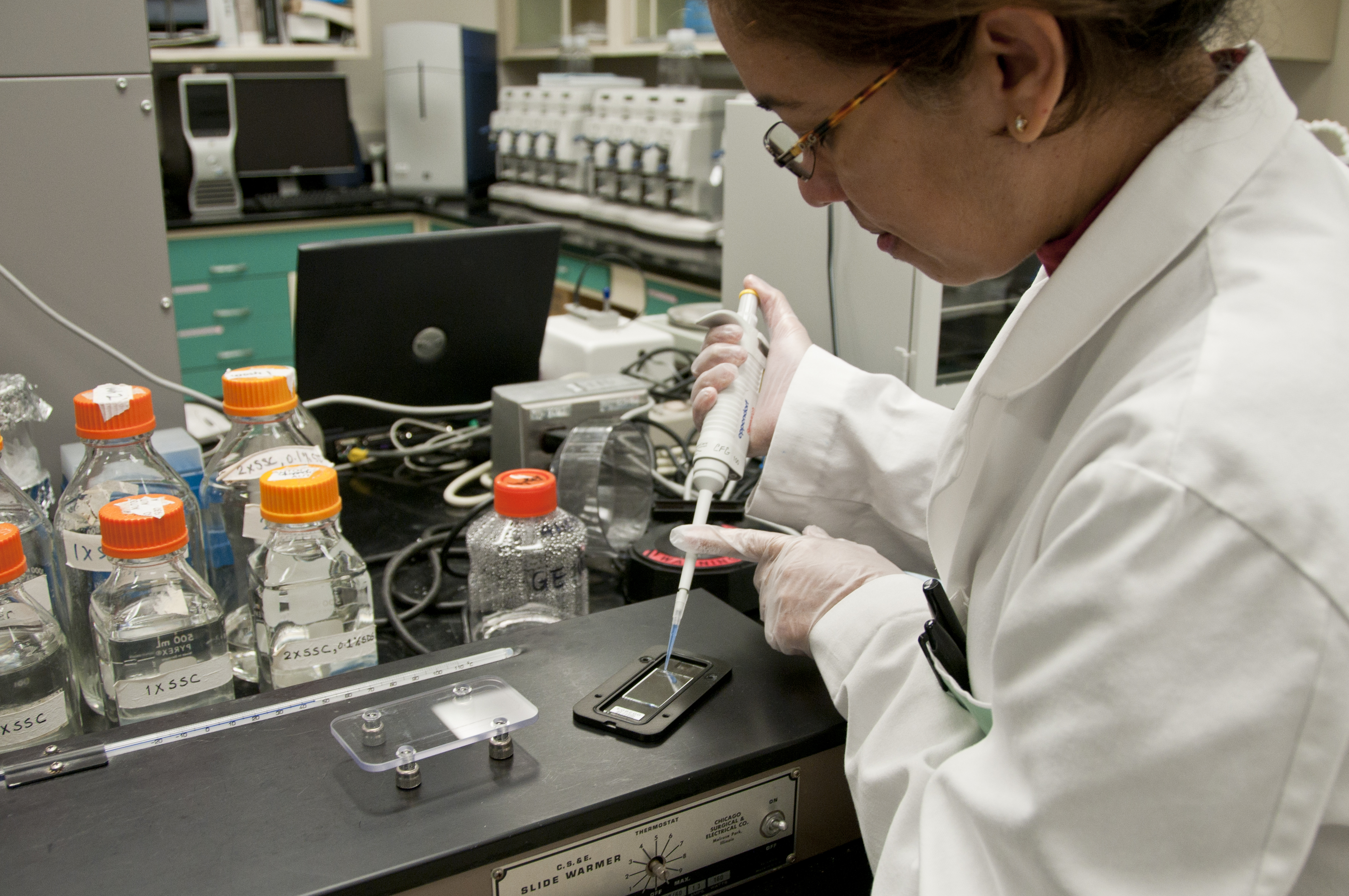
Photo from academic.microsoft.com
Background: Burnout syndrome is an increasingly prevalent problem, characterised by emotional exhaustion (EE), depersonalization (D), and low personal accomplishment (PA), feelings that appear with prolonged exposure to stress-inducing situations. The… Click to show full abstract
Background: Burnout syndrome is an increasingly prevalent problem, characterised by emotional exhaustion (EE), depersonalization (D), and low personal accomplishment (PA), feelings that appear with prolonged exposure to stress-inducing situations. The syndrome alters physical well-being and endangers the quality of services provided. Among nurses working in the paediatric area, the association between burnout and the corresponding risk profile has received little research attention, despite the highly stressful nature of this work. Materials and Methods: The study population was composed of 95 nurses working in four hospitals in the province of Granada. Data were collected using the Maslach Burnout Inventory, the NEO Personality Inventory, and the Educational-Clinical Questionnaire: Anxiety and Depression. Results: According to the results obtained, 22.0% of the nurses working in the paediatric area present high levels of EE, 18.5% present high levels of D, and 39.6% had feelings of low PA. These burnout levels do not depend on sociodemographic or labour variables, but the three domains of the syndrome are related to the psychological factors analysed. Conclusions: Among the nurses who participated in this study, 38.6% presented high levels of burnout, especially regarding feelings of low personal accomplishment. Personality factors play an important role in the development of this syndrome. This study shows the impact of burnout in paediatric nurses as well as the risk factors, providing information for the development of strategies to prevent it.
Journal Title: International Journal of Environmental Research and Public Health
Year Published: 2021
Link to full text (if available)
Share on Social Media: Sign Up to like & get
recommendations!